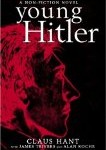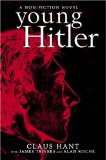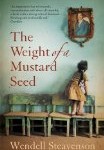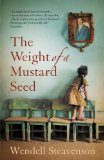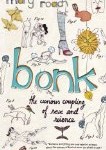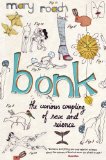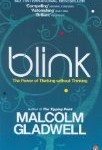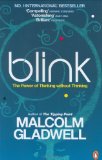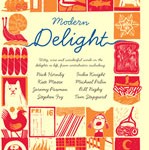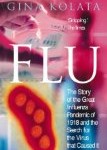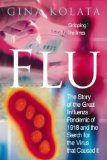I have recently developed an interest in the psychology behind people who commit acts of evil and so I jumped at the chance to read this book.
Young Hitler is a non-fiction novel showing Hitler’s life as a teenager and young man through the eyes of his best friend. This was a fantastic device as it allowed us to see his actions and hear his words, but never know exactly what was going through his mind. This meant that many of his actions were open to interpretation, allowing to reader to come to their own conclusions about Hilter’s motivations.
‘No, sir! I live in a world of ideas!’ retorted Dolferl.
‘A mask is an idea,’ countered Herr Maurer. ‘Think of it as an idea that allows you to say and do anything you want amongst strangers who are also posing as ideas. Therefore, everyone and everything is on an equal footing. I find masks allow for a greater exchange of ideas and … everything.’
‘I don’t need any mask to hide behind,’ declared Dorlferl.
‘Then find a mask instead that allows you to become more of who you are,’ replied Herr Maurer.
‘I have that already,’ said Dolferl, pointing to his face. ‘I say whatever I want to whomever I want. And I allow that person the privilege of looking me directly in the eye. And sometimes that, my gracious host, is the most effective mask of all.’
The book was very easy to read and became increasingly gripping as it progressed. I knew very little about Hitler’s early life and so found the details fascinating. It also taught me a bit more about the history of Germany leading up to WWII.
My only problem with this book was that it was a non-fiction novel and there were times, especially in the beginning, when it was more non-fiction than novel. The book was meticulously researched, even including 150 pages of appendices to validate the facts, but there were times when I felt that every tiny detail known about Hitler had to be included. These random details sometimes got in the way of the story and I felt that a few more of these facts should have been left in the appendices.
Overall this was a fascinating book. It is a must-read for anyone interested in Hitler or the causes of WWII, but I think that this insight into Hitler’s life will be of interest to a far wider audience.
Highly recommended.
